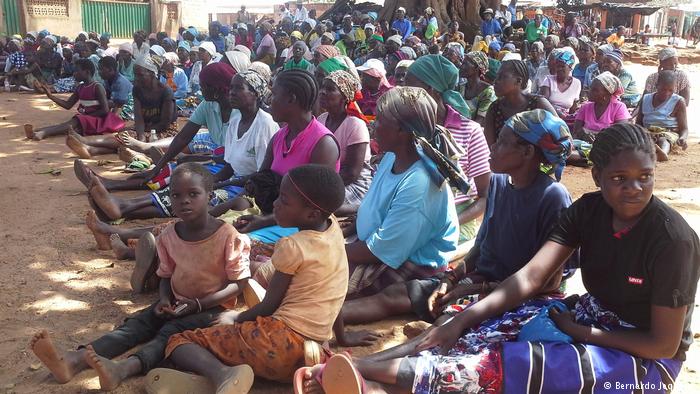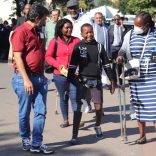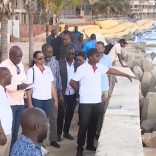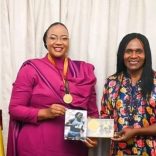Mozambique: India provides $1M in medicines, prosthetic limbs
Child marriage continues to be a reality in Mozambique

Child marriage is an enduring reality in Mozambique, and topping the list for early marriage are six districts Manica province: Machaze, Manica, Báruè, Guro, Gondola and Tambara.
To discourage practice, NGOs are granting scholarships to girls at risk.
Mozambican law considers marriages with an under-18-year-old “premature”. Authorities admit that premature marriages continue to be a reality in many areas of the country.
In Manica in particular there have been lectures and radio campaigns funded by NGOs and supported by the authorities at both national and provincial levels.
Recently, some children living with much older men in Gondola district were rescued, Assane Ernesto, head of the Department of Children in Manica Social Action reveals.
“We managed to rescue seven girls in the first half of the year, who were placed in schools. Those responsible are being held the competent authorities,” he says.
Educator António Chissambe, who lives in Machaze, one of the districts with one of the highest rates of premature marriages, believes that awareness campaigns are working. But there are still cases where men “order” girls to marry them.
“We have a lot of men working in South Africa who ask their parents to look for a girl in Mozambique,” Chissambe tells DW Africa. “We try to sensitise the parents, and we do feel that there are some areas where things have changed. There are a lot of girls who go to school,” he says.
“A girl for a bicycle”
Despite the many campaigns, premature marriage continues to be a reality in some areas of Mozambique, director of Save the Children in Manica, Ana Dulce Chiluvane, confirms. Manica seems to be the Mozambican province most affected by the phenomenon, Chiluvane says, with many girls, especially from poor families, promised in marriage even before they are born, since the husbands-to-be bear the expense while the mother is pregnant.
caption – Machaze district, as well as other rural regions of Manica, records several cases of child marriages
To discourage this practice, Save the Children has been granting scholarships so that girls can graduate and work in their home districts. “For example, in Machaze district, many families will accept a bicycle in exchange for a girl in marriage,” Chiluvane says.
“We also find strong situations in the Guro, Bueu, and Tambara districts. When these events occur, we have created opportunities for them to be able to return to school, because our main goal is for them to be educated and to overcome that trauma related with early marriage or pregnancy,” he explains.
Constant dialogue with parents and local leaders
Government officials and NGOs working in the area have spoken about the problem with religious leaders, leaders, parents and guardians, civil society and nongovernmental organisations. The goal has been to seek strategies together to put an end to this practice.
“We are finding some answers to premature marriage here. In some cases we have been able to rescue girls who were forced to go to live with men older than even their own parents,” says Alcinda de Abreu, wife of the governor of Manica, who recently held a seminar on the subject. “Many even get the courage to leave these forced marriages.”













Leave a Reply
Be the First to Comment!
You must be logged in to post a comment.
You must be logged in to post a comment.